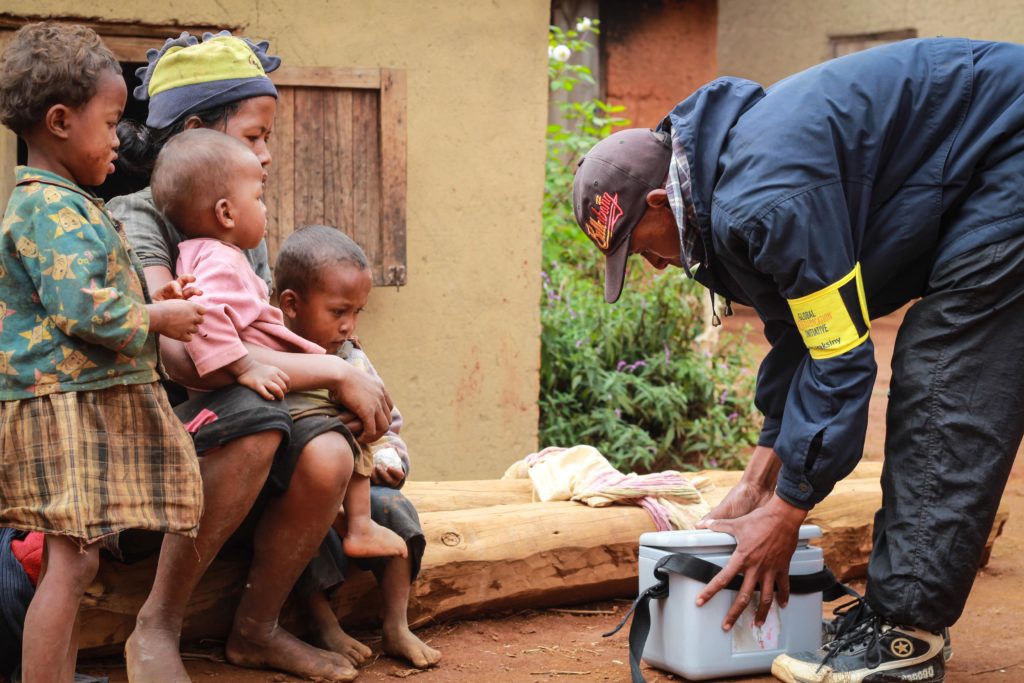Community Health Planning and Costing
Community Health Planning and Costing

Overview
Long-term planning for community health services helps countries meet their health goals and provides opportunities for health leaders to evaluate progress, make improvements, and cut down on duplicative efforts as countries take steps toward universal health coverage. Planning can also help countries identify the costs and resources needed to supply, train, and sustain community health workers.
Developed with UNICEF support, the Community Health Planning and Costing Tool is designed to cost packages of community health services and produce results to help evaluate performance, plan future services, and prepare investment cases. The tool is user-friendly, open-source, and spreadsheet-based. Based on input provided by the user, the tool calculates key results on the costs and required financing for the introduction, maintenance, or scale-up of community programs at the national and subnational levels.
The tool has been used by governments and nongovernmental organizations in Angola, Burkina Faso, Comoros, Liberia, Madagascar, Malawi, Mali, Mozambique, Sierra Leone, Somalia, South Sudan, Tanzania, Togo, and Zanzibar. Results have helped countries determine the costs of programs, mobilize resources for their implementation, and align partners to fill financing gaps.
In South Sudan, the Ministry of Health used the results of the costed community investment case to advocate for funding from the government and external partners. At a dissemination meeting in February 2019, partners pledged €1 million toward the scale-up of the country’s community health program.
Launch of the Community Health Planning and Costing Tool 2.0
UNICEF and MSH Launch Community Health Planning and Costing Tool Version 2.0
Donors & Partners
Donors
United Nations Children’s Fund